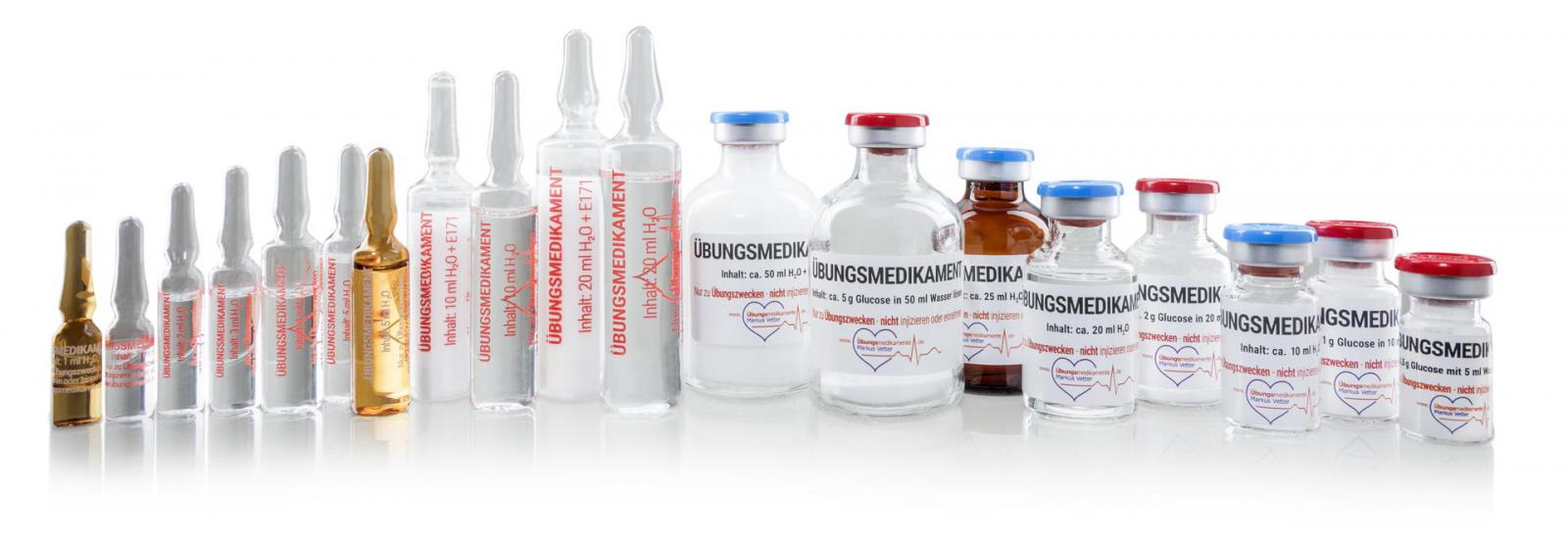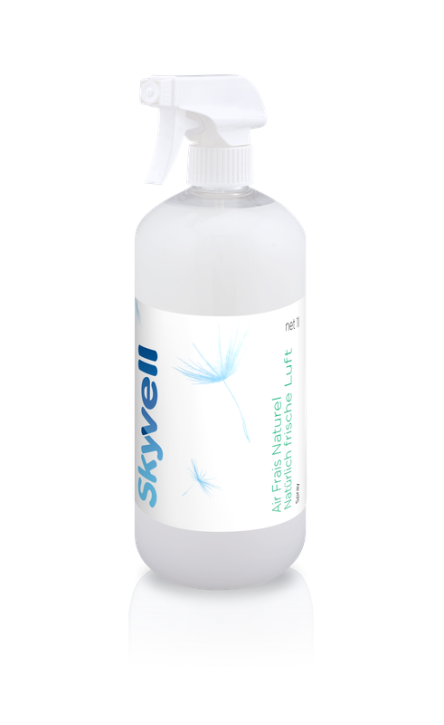 Up to now, the common practice in basic and advanced training has been either to use expired medicines from the rescue service as the economical version, or to use medicines that are still usable as the more expensive version. But not only the cost factor, but also various legal regulations stand in the way of this handling.
Up to now, the common practice in basic and advanced training has been either to use expired medicines from the rescue service as the economical version, or to use medicines that are still usable as the more expensive version. But not only the cost factor, but also various legal regulations stand in the way of this handling.
One basis for this is TRGS 525, the Technical Regulation for Hazardous Substances, which applies specifically to hazardous substances in medical care facilities. A medical care facility is defined as a facility for human medical care which medically examines, treats or cares for people on an inpatient or outpatient basis. This includes all hospitals, doctors' surgeries and care facilities, as well as all facilities involved in rescue and ambulance services.
The regulations apply to day-to-day operations as well as to education and training.
Section 3.2. shows that the employer/training provider must carry out a risk assessment for all activities involving hazardous substances, including medicines.
When handling medicines, there is always a risk of self-contamination with the active substance. It does not matter whether it is when opening an ampoule, venting a syringe or preparing an application-ready solution of a dry substance. From the point of view of occupational safety and health, this danger must be avoided. The substitution principle applies.
Certainly, in real working life it will not be possible to completely avoid unintended contact with active substances. However, especially at the beginning of a training course, the employer or training provider should allow an untrained person to handle medicines without hazardous active substances.
If we now look at the German Medicines Act (AMG), there are also problems under criminal law. For example, the problem of self-service under § 52 (1), which begins with the provision of prescription drugs for training purposes. Or also § 5 (1), which prohibits the marketing of questionable medicines. In general, any medicine that has expired may be classified as questionable, since an application after expiry is to be considered obsolete.
All these are good reasons for employers, training companies or training institutes not to work with expired medicines in training and education, but to use training medicines that are free of active substances, freely tradable and harmless to health.

